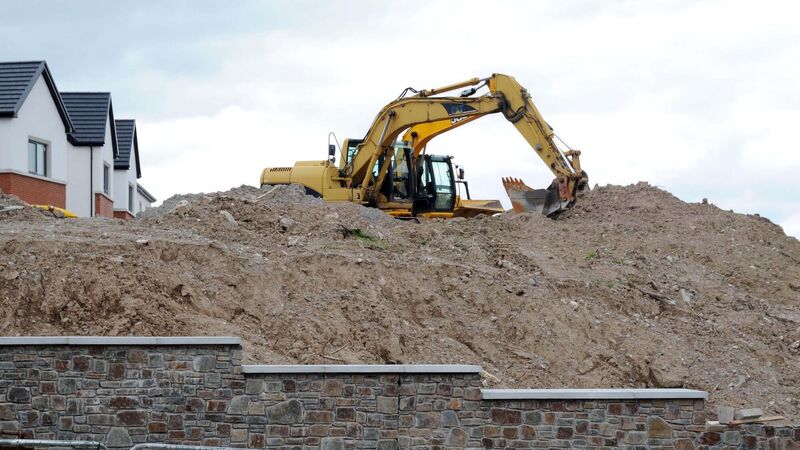Tim McNulty: A few key initiatives could make all the difference in delivering housing

'The single biggest ingredient in the cost of a home is the cost of the land. It is profoundly socially unjust that the many should enrich the few. '
One of the key initiatives needed to deliver housing in Ireland is to turbo-charge and fund the Land Development Agency.
In the on March 29, Cianan Brennan lamented the toothless condition of the LDA. Immediately, the LDA needs to be given robust new powers to compulsorily acquire land and property from any State or semi-State body for use in development for housing. With the minimum resistance. As the only shareholder (ie sole owner) the Government will have leverage, in different ways, to ensure that there is minimum resistance and fullest co-operation to achieve the prompt transfer of properties and lands.
















